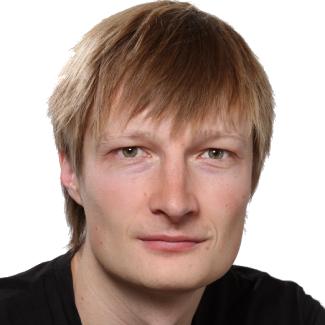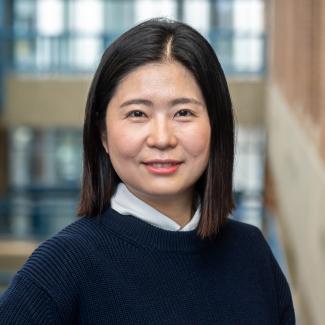Upcoming Events
Vision Research Seminar
October 25, 2023, 4:30 pm to 5:30 pm
Location
Virtual
Registration
Registration is required to attend. The seminar will be recorded. If you are unable to attend the live virtual event, you may register to receive the recording.
Cost
Free
Speakers

Reading: A Platform to Study Learning and Brain Plasticity
Sungjun Joo, PhD
Position: Associate Professor
Affiliation: Pusan National University
Summary
To understand plasticity in reading circuitry during the process of learning to read, it is important to study the spatiotemporal dynamics of reading in these multiple systems. I will present some data suggesting that fine-tuning of word selectivity in high-level visual cortex over the course of learning to read is critical for skilled reading. I will also show that automatic response to the visually presented words in a canonical language region is indicative of good reading skills: the visual stimulus-driven superior temporal gyrus (STG) response is only present in typical readers but not in children with dyslexia.
Biography

Neural Network with Dyslexia
Helge Rhodin, PhD
Assistant Professor
Department of Computer Science
Summary
Can we improve Dyslexia diagnosis and our understanding of dyslexia through artificial neural networks? Neural networks trained on text written by dyslexics could classify human written text or generate sentences that are best suited to distinguish. Moreover, one could investigate if representations learned by artificial neural networks correspond to natural neural networks.
Biography
Dr. Rhodin received his PhD in Computer Science at the Saarland University in Germany. His area of expertise is computer vision and computer graphics. Recently, Dr. Rhodin has been actively working on 3D computer vision and its application to neuroscience, medicine, and telecommunication. Dr. Rhodin is always looking for new collaborators using or wanting to use computer vision to automate analyses. These interdisciplinary collaborations pose challenging research questions within computer science and enable new scientific findings outside.

Mapping Whole-Brain Functional Connectomes in Dyslexia
Hee Yeon Im, PhD
Assistant Professor
Department of Psychology
Summary
Dyslexia is defined by difficulty learning to read despite average intelligence and motivation. Although what causes dyslexia is unkown, it has been reported to involve other perceptual and cognitive disruptions unrelated to reading skills. This suggests that better understanding of the whole-brain functional connectivity patterns, going beyond the brain's reading networks, is needed. In this talk, Im will present recent resting-state functional magnetic resonance imaging (fMRI) work as an approach to characterizing potential alteration in global wiring patterns of the whole brain in children with dyslexia.
Biography
Dr. Im completed her PhD at Johns Hopkins University. Her areas of specialization are cognitive neuroscience, cognitive psychology, and neuroimaging. Recently, Dr. Im has been working on neuroimaging (functional magnetic resonance imaging and magnetoencephalography) and behavioural research studies on vision and action integration in children and adults. If she could collaborate with other researchers, Dr. Im would work with researchers from different disciplines, including computational modelling, machine learning, and clinical research.
- Cluster Event
- Upcoming Events
